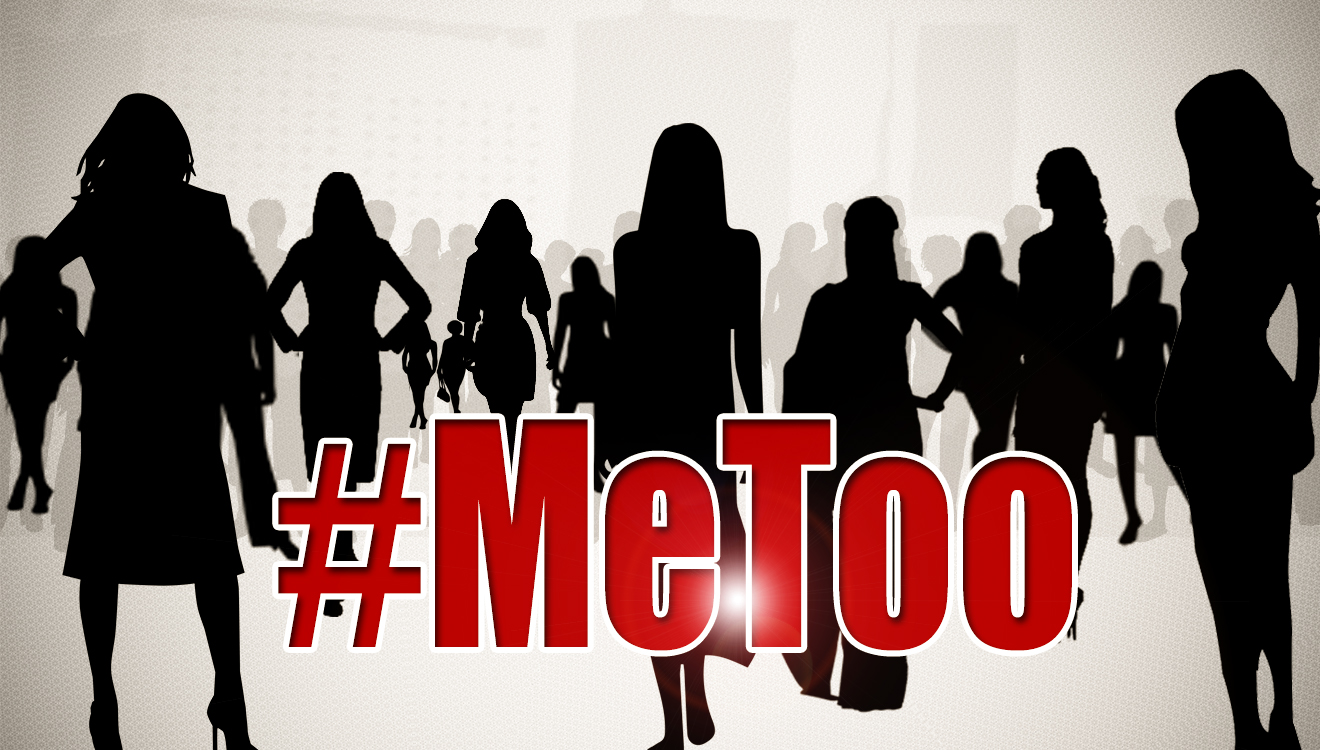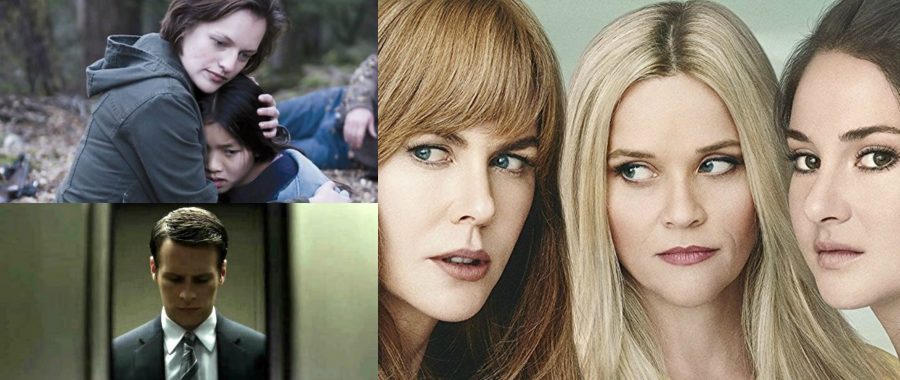Raya Sarkar’s list of ‘sexual predators’ in the world of academia – shared on Facebook – has started a raging debate, but not quite in the direction that would encourage a course correction. Inspired by C Christine Fair’s account of facing sexual harassment by noted academician and historian Dipesh Chakrabarty, 24-year-old law student Raya Sarkar shared the names of sexual predators that were mostly crowd-sourced. The anonymous nature of the list which has only names of the professors and the institutes they are associated with ruffled quite a few feathers.
A group of feminists immediately released a statement against the ‘name and shame’ campaign saying: “We appeal to those who are behind this initiative to withdraw it, and if they wish to pursue complaints, to follow due process, and to be assured that they will be supported by the [larger feminist community in their fight for justice.” In response, Raya told Buzzfeed, “The list was not prepared with institutional action in mind, but as a cautionary list for students. The victims themselves must consent to approaching the courts or any ministry.”

While some called the list vigilantism, the others pointed out that institutional sexism and a biased redressal system stop women from coming forward and lodging a complaint – be it in the case of Hollywood mogul Harvey Weinstein or someone widely respected and accomplished like RK Pachauri. Outrage on the opposing sides remained largely restricted to debating the merits of the anonymous list, but what about the #HowTo of it? Opening up about sexual harassment is not easy in any field. Nobody can disagree that in the hallowed corridors of Indian institutes, any effort to lodge a complaint against someone within is looked upon as a conspiracy to tarnish their image. This fact has been acknowledged by the feminists group in their statement.
Why is it so difficult for victims of sexual abuse to open up despite mechanisms in place? Instead of debating the nature and the contents of the list, shouldn’t the discourse be on how to create a system where women (men too) find it easier to take action against the perpetrators of sexual violence? Shouldn’t there be an effort to understand why victims of sexual harassment find it difficult to talk about it and what must be done to ease their pain? How to create a concerted fight for justice, an unbiased redressal mechanism and a streamlined rehabilitation programme? Why aren’t these enlightened sexists or the brocialists made accountable? How to make this narrative mainstream?
In pop culture, three television shows come to mind for their visceral and honest portrayal of sexual violence, and the stages that the victims go through. These shows explore the stark brutality of sexual violence, the psychology of the perpetrators and the impact it has on the victims. Labeling these shows under women-oriented content limits their scope – they are as much for the perpetrators as they are for victims.
‘Top Of The Lake’
Written by Academy Award winner Jane Campion and Gerard Lee, season one of the show starts with a crime mystery, albeit a brutal one. It opens with 12-year-old pregnant Tui Mitcham walking into the biting cold waters of a pristine lake, probably to end her life. Enters detective Robin Griffin (Elisabeth Moss) who is back in her hometown to take care of her ailing mother. In the picturesque, brooding town of Laketop, New Zealand, there is something sinister lurking. As the story unfolds, you realise that the statutory rape case is only the tip of the iceberg. Tui deals with her pregnancy while trying to escape her thuggish, primal father, who is also the local drug lord. Robin, on the other hand, has to face her painful history. Gang-raped at the age of 16, in a particular cathartic scene, Robin finds herself sitting next to one of her rapists in a bar. It is evident that he has no inkling of who she is and what he did to her years back. While she was forced to erase the past and start afresh, this brute of a man was allowed to get on with his life by the town’s kangaroo court. He even managed to forget the horrifying crimes he took part in. In a town that has fermented rape culture and given a safe haven to pedophiles, homophobes and addicts, where justice and reparations are rare, Tui and Robin’s stories are not an aberration. It showed that a misogynist comes in all forms. Justice denied, these women find solace in GJ’s (Holly Hunter) cryptic worldview, someone who has harboured a group of troubled women. This motley women’s group and their ‘spiritual guru’ GJ could have been caricatured into a Kumbaya moment, but it is their unconditional support and female bonding that help these damaged women to heal.
‘Big Little Lies’
HBO’s Big Little Lies, an Emmy favourite, perhaps best portrays how difficult it is for a sexual abuse victim to acknowledge and talk about the abuse, of how abuse percolates through the social classes and how it is not just the legal framework but the way sons are brought up that perpetuates this vicious cycle of violence. In the rich town of Monterey, everyone leads a perfect life, near perfect. Inside the designer clothes and fancy houses, everyone wants to hide their demons. As the story revolves around Madeline Martha Mackenzie (Reese Witherspoon), Celeste Wright (Nicole Kidman), Jane Chapman (Shailene Woodley) and Renata Klein (Laura Dern) and their children, it is Celeste’s story that hits hard. Why does a smart, successful lawyer stay quiet about her violently abusive husband? To the world, they are the perfect couple, but inside their house, it is up to Celeste to gather the shards of her broken marriage and put up a picture-perfect front. It is the story of many women when Celeste acknowledges to her therapist that she is ashamed to admit that she is an abuse victim. Every victim is made to feel that it is their fault, Celeste is no different. When Jane tells Celeste that it is her kid son who has been hitting another child in his class, there is no righteous denial on her part. Celeste realises that her son is slowly beginning to mirror his father’s behaviour which has been normalised in their household. It was time to take corrective measures. Big Little Lies narrates an uplifting story of female friendship, united in their fight and resolve.

Mindhunter
Recommended
David Fincher’s Netflix series Mindhunter is broadly based on John E Douglas and Mark Olshaker’s book ‘Mind Hunter: Inside the FBI’s Elite Serial Crime Unit’. Set in the 70s US, when criminal psychology was a relatively novel concept, the series documents the quest of two FBI agents of the Behavioral Science Unit to understand the psychology, profiles and motives of the killers or what they initially term as ‘sequence killers’. Charles Manson, notorious cult leader and mass murderer, almost gets a fan-boy treatment. As they begin to interview serial killers – a common thread emerges – the killers are mostly men, they have troubled childhood, their fractured relationship with their mothers, an innate and constant need to subjugate women stemming from their deep hatred for women. In most cases, it inevitably trickled down to the mothers, the many romantic rejections and their inability to fit into the societal structure of normality.
As one of the serial killers, Ed Kemper, shares: “If there’s one thing I know, it’s this: A mother should not scorn her own son. If a woman humiliates her little boy, he will become hostile, and violent, and debased. Period.” While there is an attempt to humanise these psychopaths, the obvious question arises: Why always the mother? With the two agents juggling the blurring lines between their professional and personal life, it is the women who knowingly or unknowingly give direction to their work, projecting a better understanding of why these brutal crimes happen and why are the victims women in most cases.
*****
Movies, television shows need not be all about escapism. It has to mirror society. If pop-culture doesn’t reflect the realities of crimes against women, it will be difficult to fight institutionalised patriarchy and we will be left with just a list of names.
Read our series on Women, Cinema and Sexism here
*****



